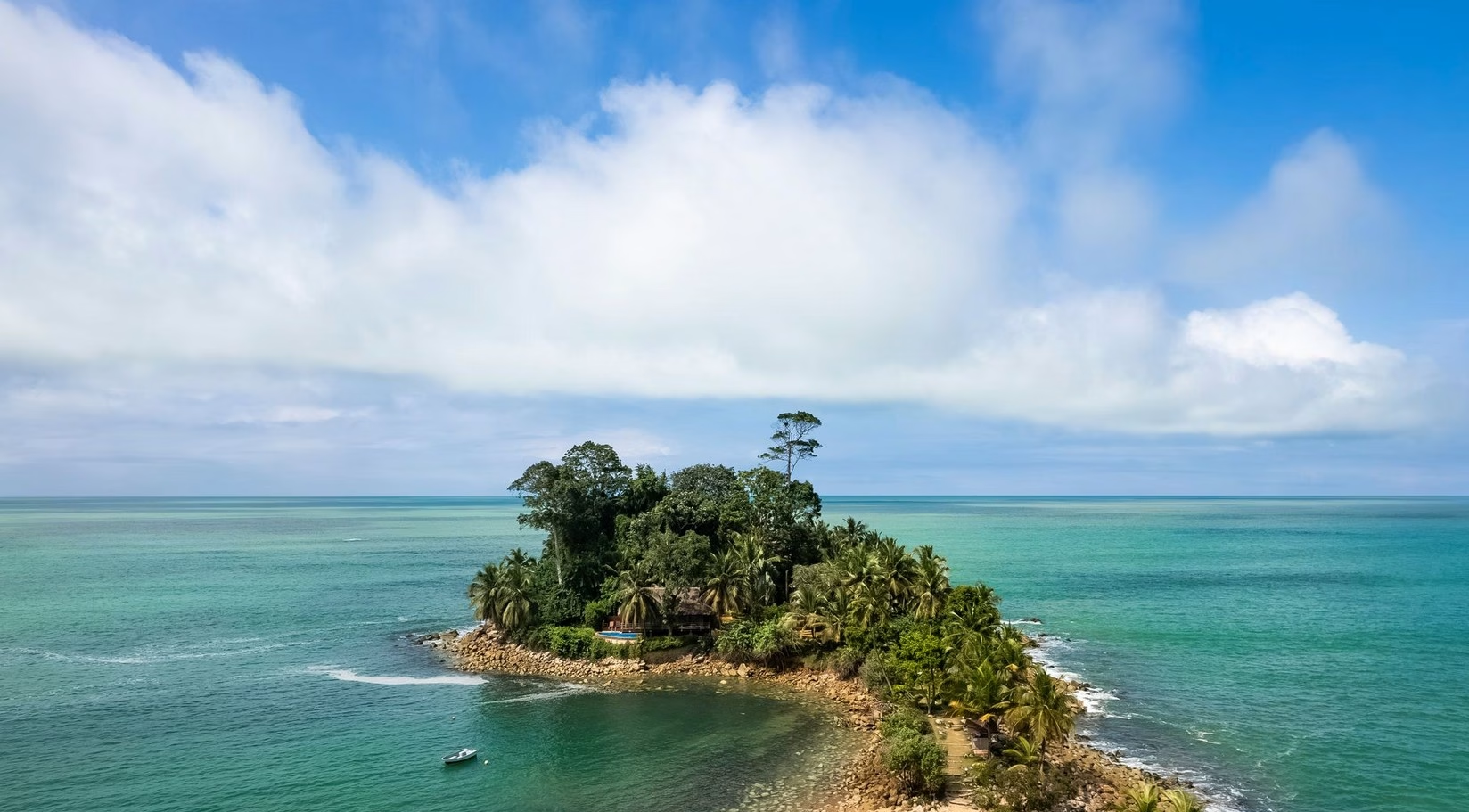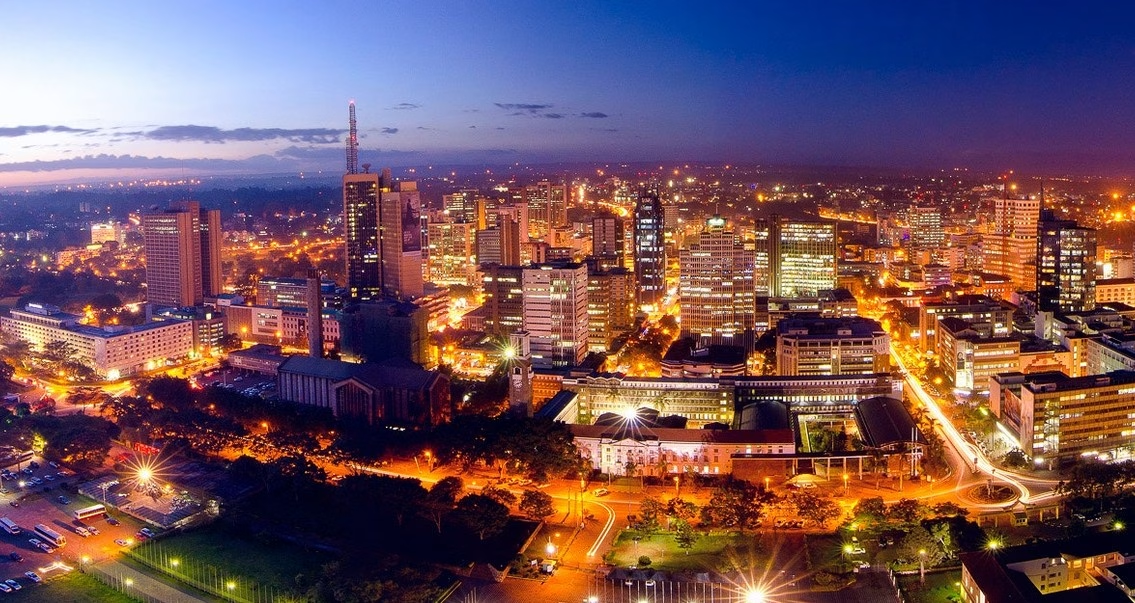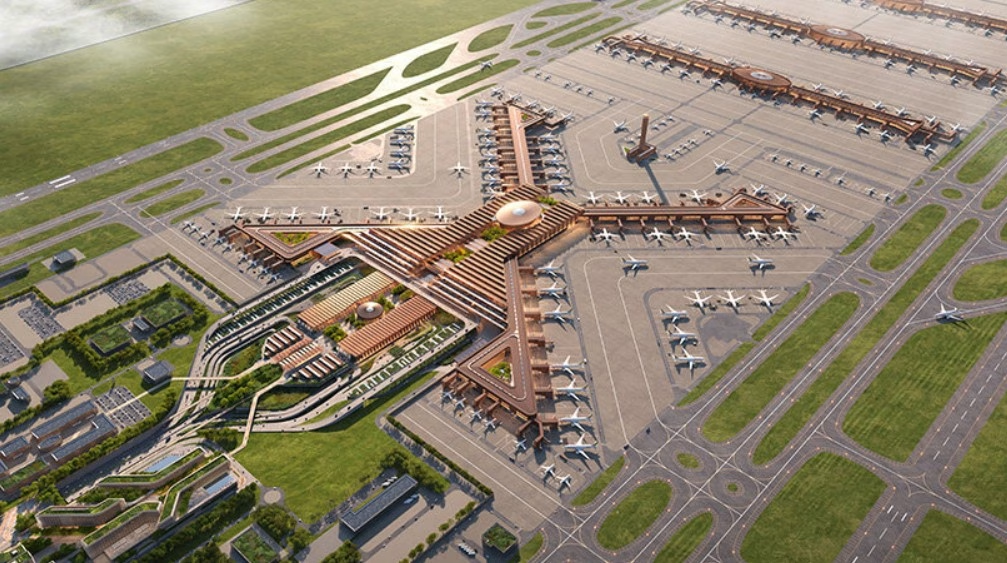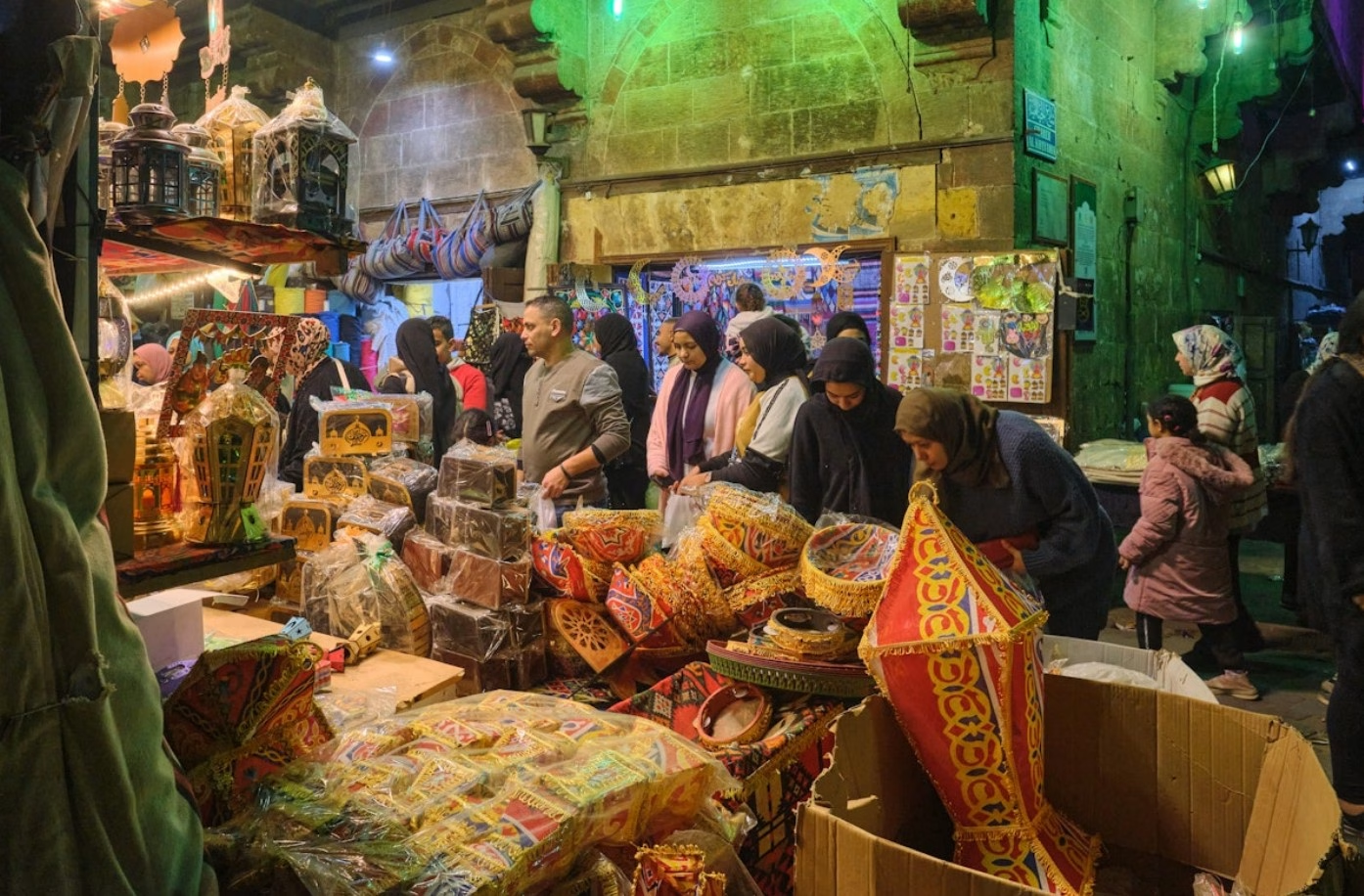Although it has left many scratching their heads, Algeria’s Ministry of Culture and Arts instructed cinemas this week to remove Barbie from screening. The move comes after the film had already been playing in the country for a month, and no explanation was given. Following similar bans in Kuwait and Lebanon, it has left many assuming that the agency found the film to be at odds with conservative values. Some people in Algeria protested the cancellation on social media, posting their complaints along with the hashtag “#IAmBarbie.” Others denounced it as “censorship” and “bigotry.”
Monday, January 19, 2026 - 20:34:22
 Columbus, United States | -8°C | Overcast clouds
Columbus, United States | -8°C | Overcast clouds









